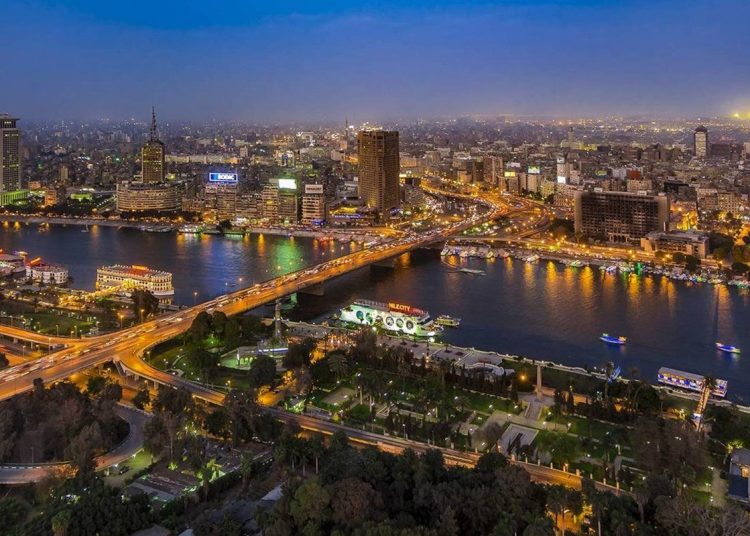Egypt’s government and the International Monetary Fund (IMF) reached a staff-level agreement on the third review of an Extended Fund Facility (EFF). The staff-level agreement paves the way for Egypt to get $820 million.
A final approval of the third review of Egypt’s EFF-supported programme by the IMF’s Executive Board is expected in the coming weeks.
The government, in collaboration with the Central Bank of Egypt (CBE), has carried out a raft of financial and monetary measures to reform the nation’s economy.
How that helps the economy?
The IMF agreement reflects the success of Egypt’s recent measures to rein in inflation and boost real economic growth. The CBE’s Monetary Policy Committee (MPC) raised key overnight interest rates by 600 basis points on March 6 in a bid to combat high inflation.
A final agreement is expected to further boost Egypt’s economic growth and financing resources.
Ivanna Vladkova Hollar, head of the IMF mission, said the Egyptian authorities have stayed the course to preserve macroeconomic stability through fiscal discipline, tight monetary policy, and a shift to a flexible exchange rate regime.
“These efforts are beginning to deliver an improved outlook, improved FX availability, inflation starting to slow down, and signs of recovery in private sector sentiment,” Hollar said in a statement.
Hollar has said strong policies are critical to address key risks and domestic structural challenges, including the need to boost the role of the private sector in economic activity, and addressing the challenge of high inflation, elevated government debt and high gross financing needs.
“In this context, the authorities and the mission agreed that the implementation of the government reform plans as articulated in program commitments will be key to maintain macroeconomic stability and enhance private sector-led growth,” she said.
Inclusive growth
The CBE has adopted prudent fiscal policies to contain inflation and to eradicate a foreign exchange parallel market. The IMF official has praised the monetary policymakers’ success in putting an end to the dollar grey market.
“The authorities continue to pursue prudent fiscal policies. Achieving their ambitious primary balance targets would strengthen public finances and contain debt sustainability risks,” Hollar said.
She has pointed out that there is a need to improve the composition of Egypt’s fiscal consolidation through stronger domestic revenue mobilization efforts, which are critical to generate fiscal space for the expansion of social programs and additional health and education spending to support the authorities’ objective to achieve higher and more inclusive growth.
“The mobilization of more domestic resources, including through a rationalization of VAT exemptions, is an important element in this strategy. Meeting fiscal objectives will also require steps to contain fiscal risks, including those associated with state-owned companies in the energy sector, which need to gradually restore cost recovery,” she explained.
As for structural reform, the IMF official praised the government’s track record of achievements, urging for speeding up implantation of the state-ownership policy.
“The authorities are making progress on their structural reform agenda, but there is scope to accelerate the implementation of the state-ownership policy to level the playing field and increase private sector-led growth, and to implement reforms to enhance the business environment, including efforts to automate and modernize trade facilitation procedures to increase efficiency and remove trade barriers,” she added.






Discussion about this post